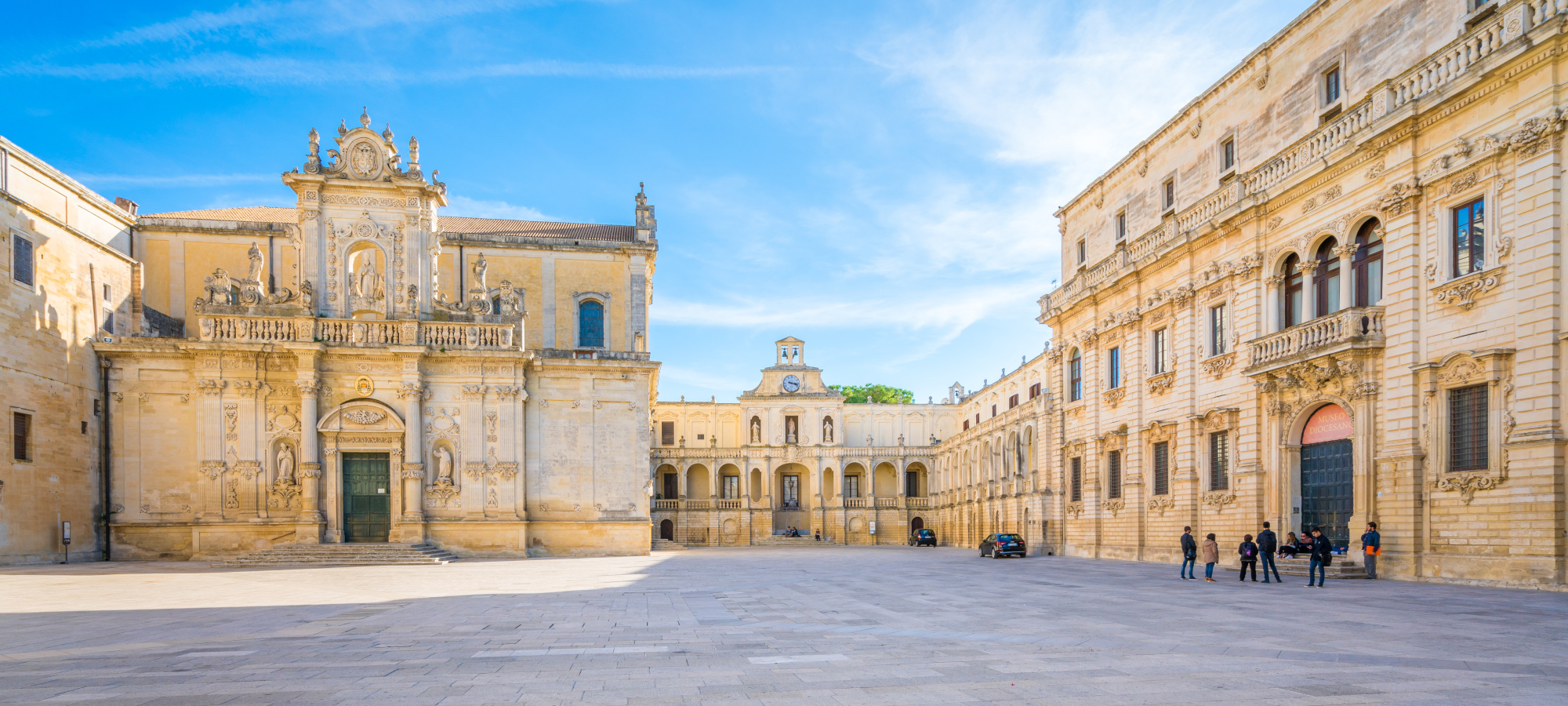eXtended Reality for education and training
Fabrizio Lamberti
Politecnico di Torino, Italy
ABSTRACT
The goal of this talk will be to highlight the possibilities of eXtended Reality (XR) technologies for education and training. Indeed, many advantages have been recognized to XR when applied in this domain, such as the possibility to experience a given scenario under repeatable and controlled conditions even under circumstances that could be potentially hazardous, impractical, or very resource- intensive if recreated for real. However, results obtained in terms of learning performance and quality of the experience appear to be strongly related to actual learning task. Similar considerations also hold for what it concerns the best way to exploit XR technologies in a given learning path. By moving from these assumptions, in this talk a number of experiences that have been carried out by the research staff of the VR@POLITO lab (https://vr.polito.it/) at the Department of Control and Computer Engineering of Politecnico di Torino will be illustrated. These examples could support next investigations in the field and hopefully inspire further advancements regarding XR and learning technologies.
SPEAKER BIOGRAPHY
Fabrizio Lamberti received his MSc and the PhD degrees in Computer Engineering from Politecnico di Torino, Italy in 2000 and 2005 respectively. Currently, he is a Full Professor at the Department of Control and Computer Engineering, Politecnico di Torino, where he leads the “Graphics and Intelligent Systems” research laboratory and is responsible for the hub of VR@POLITO, the “Virtual Reality” initiative of Politecnico di Torino. Since October 2021, he is the Chair of the PhD Programme of Politecnico di Torino in “Computer and Control Engineering”. Fabrizio Lamberti authored/co-authored more than 250 technical papers in the areas of computer graphics and vision, human-machine interaction, intelligent computing, and educational technologies. Since 2002, he is a Senior Member of IEEE. He is currently a Member of the Board of Governors (Elected Member at Large 2021–2023) of IEEE Consumer Technology Society (CTSoc). He is also serving as Vice President for Technical Activities of CTSoc. He is currently serving as an Associate Editor for IEEE Transactions on Computers, IEEE Transactions on Learning Technologies, IEEE Transactions on Consumer Electronics, IEEE Consumer Electronics Magazine.
Web: www.polito.it/en/staff?p=fabrizio.lamberti
From Reality to Extended-Social Reality: conceptualizing XR as a bridge between mirror worlds
Mariano Alcañiz
Polytechnic University of Valencia, Spain
OBJECTIVES
In this keynote, I will first review the evolution of Extended Reality and its main technological milestones and how both worlds, the physical and the virtual, have been traditionally disentangled from a social point of view. I suggest that the concept of mirror world will be crucial in future social applications of XR. In the mirror world vision, smart spaces are modeled in terms of digital worlds shaped by the physical world, with which they're coupled with software agents playing the role of the inhabitants of those worlds. In this scenario, we don't just live in our "real" world, with a parallel second life in the virtual or simulated world; rather, we will live in both worlds, which together comprise an "extended" reality. All this leads to a new reality, the Extended-Social Reality, in which digital, physical, and social layers are strongly intertwined.
I will present several examples of this new concept of Extended-Social Reality, concluding with a discussion of potential future implications.
SPEAKER BIOGRAPHY
Mariano Alcañiz, Ph.D., is the founding director of the Immersive Neurotechnologies Lab (LabLENI) at UPV and a Full Professor of Biomedical Engineering at the Polytechnic University of Valencia.
His general research interests hover around a better understanding and enhancement of human cognition, combining insights and methods from computer science, psychology, and neuroscience. His work is centered on using empirical, behavioral science methodologies to explore people as they interact in these digital worlds. Still, he also researches to develop new ways to produce Extended Reality (XR) simulations. Towards this end, he has been involved in clinical psychology, neurodevelopmental disorders, consumer neuroscience, organizational neuroscience, education and training projects.
He has published more than 350 academic papers in interdisciplinary journals such as Scientific Reports and PLoS One and domain-specific journals in biomedical engineering, computer science, psychology, marketing, management, psychology, and education. The Spanish Research Agency and the European Commission have continuously funded his work for 30 years.
He is the coordinator of several national and European R&D programs of excellence. He has been the National Program Coordinator of the Information Society Technology (IST) of the Ministry of Science and Innovation of Spain (2015-2019) and the Spanish representative for ICT area at the Horizon 2020 European Research Program Committee. He is also Vice-President for Academic and Scientific Issues of the European Association for Extended Reality (EURO-XR).
The US Interactive Media Institute awarded him the Cybertherapy Lifetime Achievement Award in 2012.
Transforming Cultural Heritage Preservation and Valorization: The contribution of Supercomputing, Artificial Intelligence, and the Digital Twin Paradigm - Insights from the CINECA Visit Lab experience
Antonella Guidazzoli
CINECA, Italy
ABSTRACT
The Keynote talk will explore how synergies between Supercomputing (HPC), Big data analytics (HPDA) and Artificial Intelligence (AI), along with the application of the Digital Twin paradigm, can improve the preservation and enhancement of Cultural heritage. The talk will highlight the importance of this framework by presenting the experience of CINECA's VISIT Lab, where these technologies are being used in cutting-edge projects to support scholars in their research and to foster the creative reuse of digital Cultural heritage, building new bridges between research in the Digital Humanities, Creative industries and Arts.
SPEAKER BIOGRAPHY
Antonella Guidazzoli graduated with honors in Electronics and History from the University of Bologna. Since 2007, she has been the head of the Visual Information Technology Laboratory (VISIT Lab - http://visitlab.cineca.it) at CINECA (www.cineca.it/en), one of the most important Supercomputing centers internationally. The Visit Lab is responsible for activities on advanced visualization methods ranging from scientific visualization to real-time 3D graphics and XR applications. She is also a lecturer and course director of the CINECA Summer School on Computer Graphics for Cultural Heritage. Antonella has published several papers in major international conferences such as the ACM SIGGRAPH conference and won awards for projects in the field of e-Culture and Digital Heritage. In addition, Antonella is an evangelist of Quantum computing.





